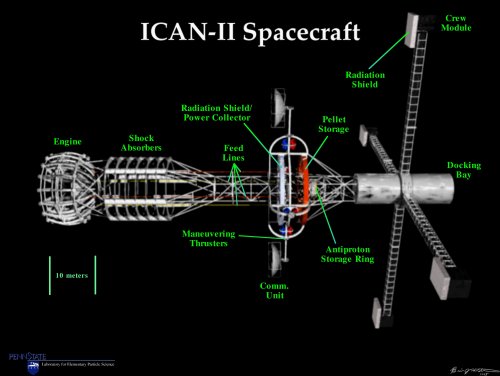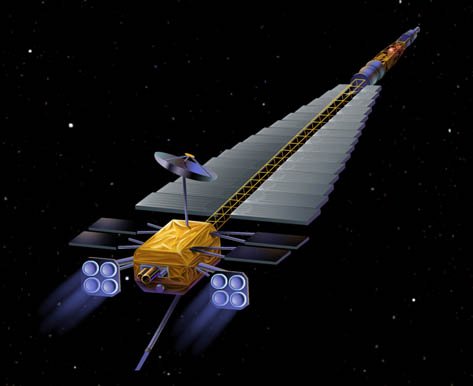OM
ACCESS: Top Secret
Byeman said:All which could and were done with cheaper systems.
...Ah yes, the classic excuse to take the man out of the space exploration and utilization equation. And still a total festering load of crap over a half a century later.






